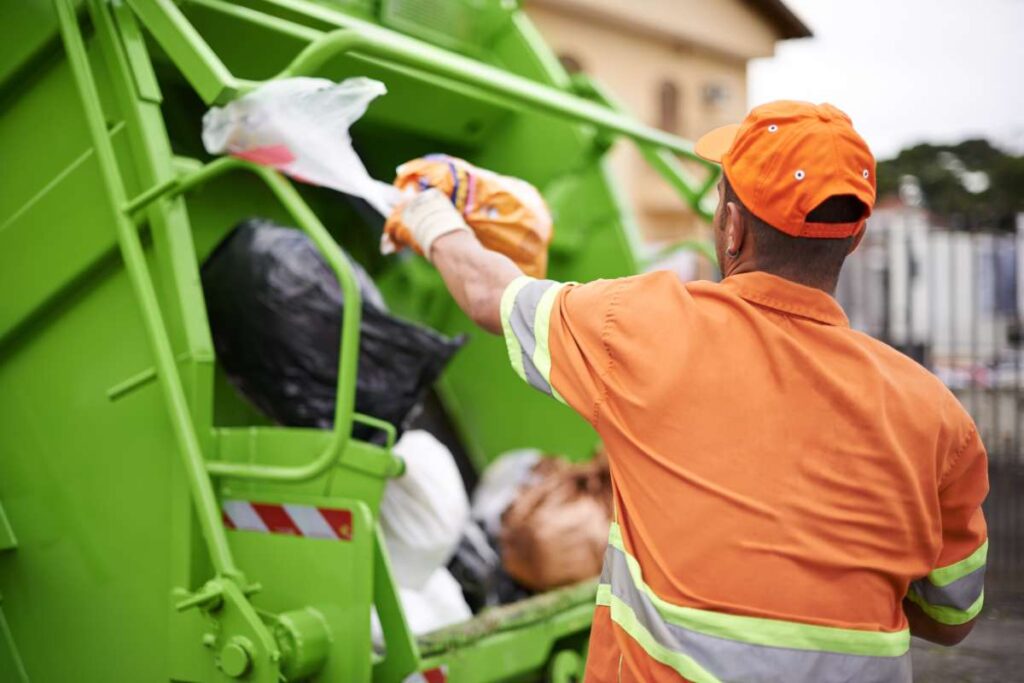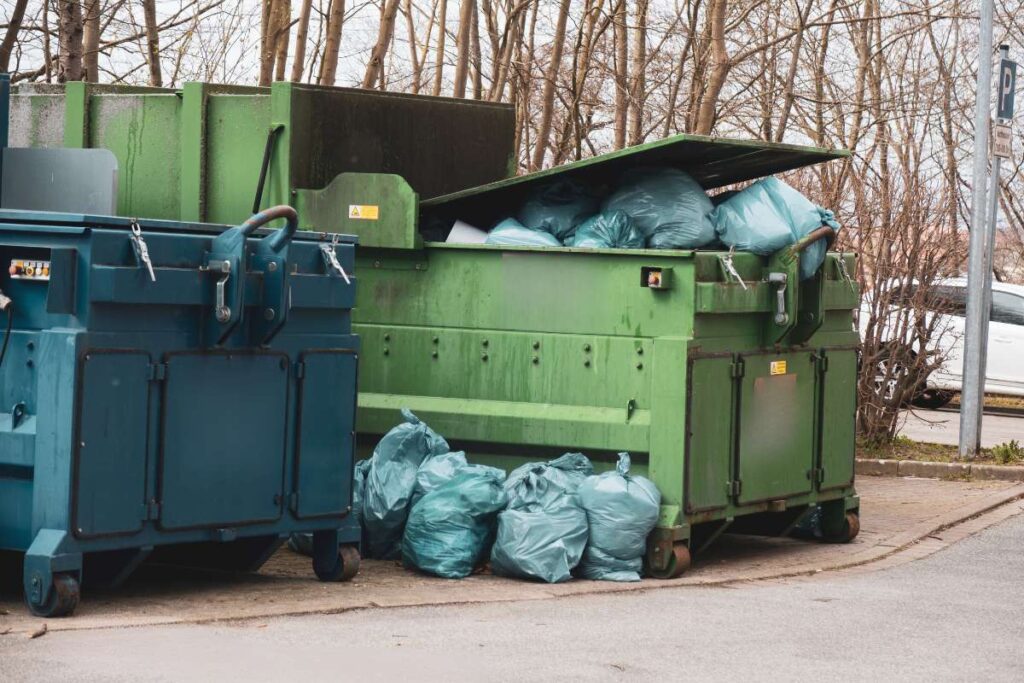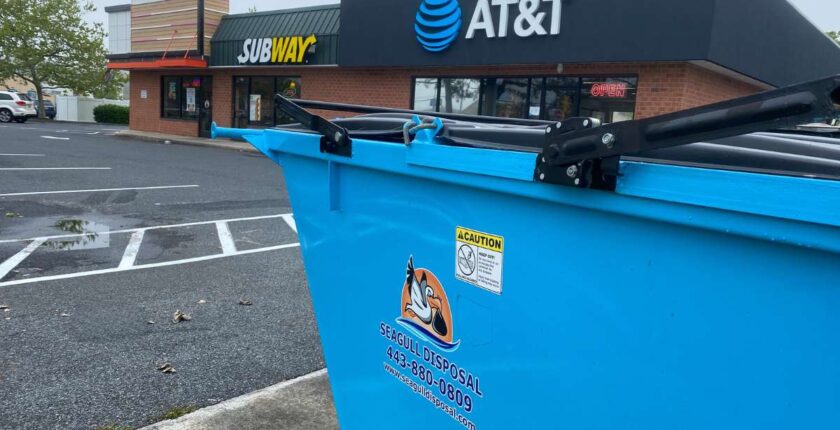Tips for Managing Seasonal Increases in Commercial Waste
As businesses fluctuate with the changing seasons, analyzing waste generation patterns becomes crucial for managing your operations effectively. Understanding these seasonal trends in waste helps businesses plan and allocate resources more efficiently, ensuring that operations run smoothly throughout the year.
By strengthening your understanding of seasonal waste patterns, you can identify opportunities for cost savings and enhance operational efficiency. Knowing how waste generation varies with business cycles enables better preparation and can prevent the inefficiencies associated with unanticipated waste spikes.
Now, we will explore practical tips for managing seasonal fluctuations in waste, helping you optimize your commercial waste management practices. Seagull Disposal is here to guide you through enhancing your waste management strategy and ensuring that your business is equipped to handle seasonal variations effectively.
Understanding Seasonal Impact on Commercial Waste Management
Different seasons influence business activities, driving variations in customer behavior and product demand, affecting waste generation. For example, retail businesses may significantly increase waste output during holiday seasons due to higher consumer foot traffic and increased packaging waste.

The nature of seasonal business means that certain times of the year can substantially increase waste materials. Recognizing these patterns is key to effective waste management, allowing businesses to prepare for anticipated changes. Commercial trash containers and other waste management resources must be scaled appropriately to accommodate these fluctuations.
Different Industries Affected By Seasons
There are plenty of industries that could be impacted by seasonal changes. Some of the top examples include:
Retail Industry
Retailers often face significant variations in waste production, particularly during peak shopping seasons like Christmas and Black Friday. The surge in sales during these periods leads to increased quantities of paper, cardboard, and plastic waste due to packaging and shipping materials.
Effective management of this seasonal waste is crucial for maintaining sustainability and operational efficiency. Retailers must plan for these peak times by enhancing their recycling processes and ensuring sufficient commercial trash containers are available to handle the increased waste volumes.
Hospitality and Food
The hospitality and food industry experiences unique challenges with seasonal waste, especially during major holidays and summer months when tourism peaks. This results in higher volumes of organic waste and food waste, which require careful management to prevent spoilage and odor issues.

Conversely, during the colder months, many establishments in this sector might see a reduction in waste generation. This allows time to evaluate and improve waste management practices for the next busy season.
Construction and Landscaping
Construction and landscaping industries typically see an uptick in waste during the warmer months, considered peak season for building and renovation projects. This waste can include everything from lumber and metal scraps to packaging and unused building materials.
On the other hand, landscaping businesses deal with increased amounts of green waste, such as grass clippings, branches, and leaves, during the spring and fall. This requires strategic planning to ensure that all biodegradable waste is disposed of in an environmentally friendly manner.
How To Improve Waste Management During Peak Seasons
There are several reasons that businesses across all industries can improve their waste management during peak seasons. Some of the top examples include:
Analyze Seasonal Waste Patterns
Gathering and analyzing historical data on waste generation during different seasons is essential to identifying consistent trends and patterns. By pinpointing specific times of the year when waste production spikes, such as during public holidays or special events, businesses can better prepare for these fluctuations.
Adjusting a waste management program based on insights from data analysis is crucial. This proactive approach allows businesses to update and optimize their strategies, ensuring that resources are allocated efficiently during peak periods.
Utilizing Technology For Waste Monitoring
Implementing smart bins and sensors can revolutionize how businesses manage their waste. These technologies provide real-time data on fill levels, helping to optimize collection schedules and reduce the risk of overflow, which can be particularly problematic during high waste generation periods.
Furthermore, various software solutions offer analytics and reporting tools enable businesses to monitor waste generation continuously. These tools help identify areas for improvement and adjust practices to reduce overall waste output.
Enhance Recycling Programs
Expanding recycling programs is an effective way to reduce the amount of waste sent to landfills. Introducing comprehensive recycling initiatives during peak seasons can significantly decrease the environmental impact of increased waste volumes.
Training sessions and awareness campaigns are vital in educating staff and customers about the importance of proper recycling practices. Ensuring that recycling bins are clearly marked and conveniently located encourages compliance and helps maintain the effective separation of recyclable materials.
Managing Commercial Trash Containers And Resources
Regular maintenance of waste management equipment, such as garbage compactors and commercial trash containers, is essential, especially before and during peak seasons. This ensures that they are in optimal working conditions to handle increased volumes of waste.

Businesses may also need to invest in additional equipment during peak periods to prevent existing setups from becoming overwhelmed. Training staff on efficient waste handling and maintaining proper waste management practices is crucial for sustaining operational efficiency.
Partner With A Professional Waste Management Company
Working with a professional waste management company like Seagull Disposal allows businesses to develop customized plans tailored to their needs. These companies bring expertise and advanced equipment, ensuring efficient handling of increased waste volumes.
Negotiating flexible service agreements with your waste management provider can also be beneficial. These agreements can be adjusted for changes in waste collection frequency, volume, and types of services needed, accommodating the dynamic nature of seasonal business activities.
Contact Seagull Disposal for Help With Your Business Waste Management Needs
Seagull Disposal’s waste management services are designed to help your business efficiently manage its waste, regardless of seasonal fluctuations. Our team is committed to providing top-notch service and support, ensuring that your waste management solutions are effective and sustainable.To learn more about how we can assist with your commercial waste management needs, visit our commercial waste services or call us at 443-880-0809. Contact us today to ensure experienced professionals handle your commercial waste management needs.

